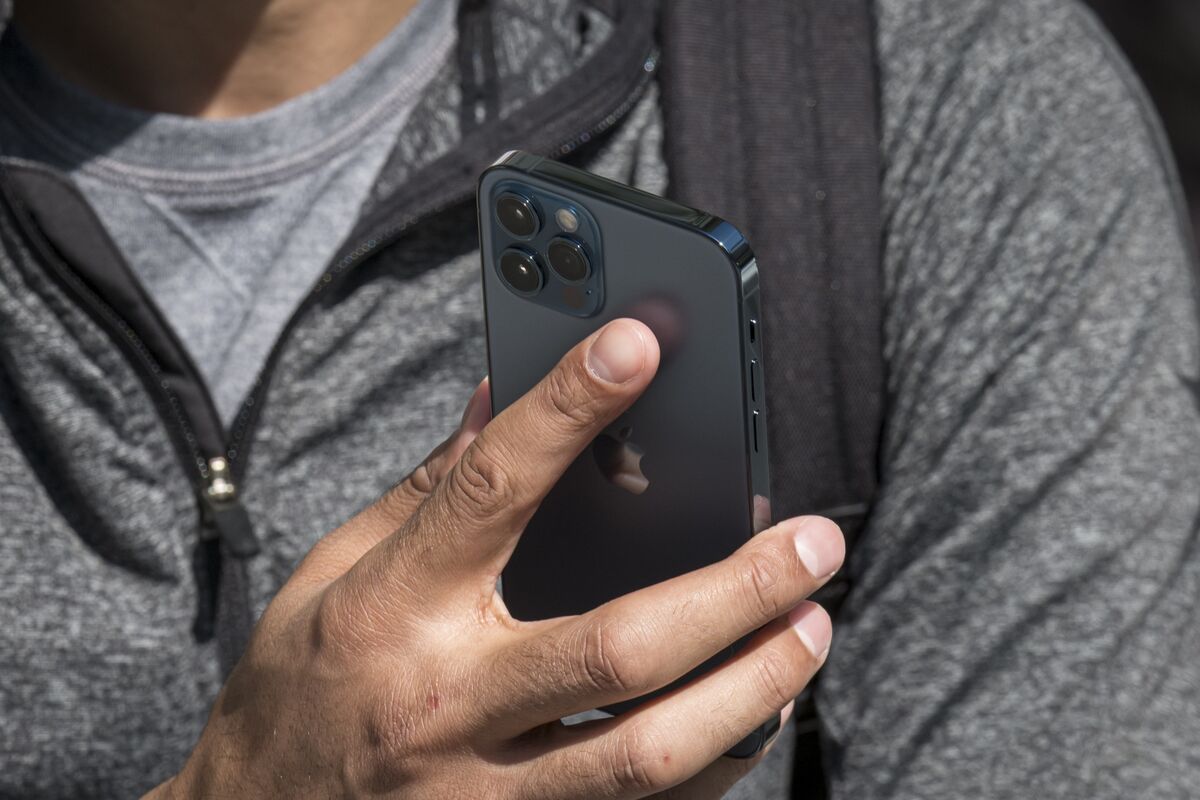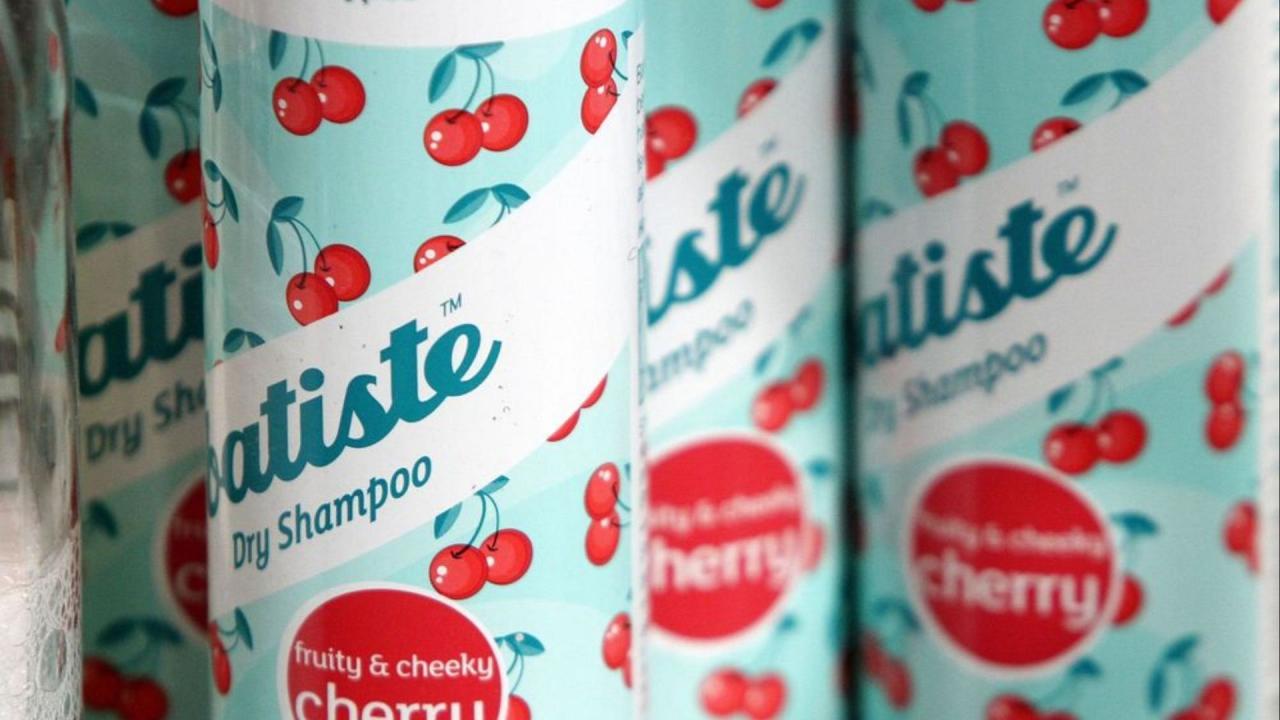Apple to pay $95M to settle lawsuit accusing Siri of eavesdropping. This massive settlement marks a significant turning point in the ongoing debate surrounding the privacy implications of voice assistants. The lawsuit alleged that Siri, Apple’s virtual assistant, secretly recorded and stored users’ private conversations without their knowledge or consent, leading to a protracted legal battle. This case raises critical questions about the balance between technological innovation and individual privacy rights in the digital age, impacting not just Apple but the entire tech industry.
The plaintiffs presented compelling evidence, including instances where Siri seemingly activated and recorded conversations without user prompts. Apple, while denying intentional wrongdoing, ultimately agreed to the substantial settlement, suggesting a recognition of the seriousness of the allegations and the potential reputational damage. The settlement’s terms, including the distribution of funds to affected users and potential changes to Siri’s data collection practices, will be closely scrutinized.
The impact of this case on future legislation and user trust in voice assistants is undeniable.
Apple’s $95 Million Siri Eavesdropping Settlement

Apple recently agreed to pay $95 million to settle a class-action lawsuit alleging that its virtual assistant, Siri, secretly recorded and stored users’ private conversations without their explicit consent. This settlement marks a significant development in the ongoing debate surrounding data privacy in the tech industry, raising crucial questions about the balance between technological innovation and user privacy rights.
The Lawsuit’s Allegations
The lawsuit, filed in 2019, centered on claims that Siri’s “always-listening” functionality inadvertently captured and transmitted sensitive personal information to Apple’s servers. Plaintiffs argued that this occurred even when users weren’t actively engaging with Siri, violating their reasonable expectation of privacy. Specific examples cited in the lawsuit included recordings of private conversations, medical information, and business discussions. The timeline involved years of alleged data collection before the lawsuit was filed, culminating in the settlement after a period of legal maneuvering and negotiations.
So, Apple’s forking over $95 million to settle that Siri eavesdropping lawsuit – a hefty price for allegedly listening in! If you’re thinking about using AI voices for your podcast, though, you might want to check out this guide on finding the right AI voice generator for podcasting to ensure privacy and quality. It’s all about responsible AI, right?
After all that Apple drama, you definitely want to be extra careful with your choice of voice tech.
Plaintiffs argued Siri’s design and operation directly violated various state and federal privacy laws, emphasizing the lack of transparency and informed consent regarding the collection and use of their data.
Apple’s Response and Defense, Apple to pay M to settle lawsuit accusing Siri of eavesdropping
Apple initially denied the allegations, maintaining that data collection was necessary for Siri’s functionality and that appropriate safeguards were in place to protect user privacy. Their defense strategy focused on highlighting the anonymization and aggregation of data, arguing that individual conversations were not directly linked to specific users. This strategy mirrors defenses employed in other data privacy cases, emphasizing the technical complexities and the difficulty in definitively proving intentional data misuse.
Key points of contention revolved around the definition of “informed consent” and the extent to which Apple’s data security measures adequately protected user privacy.
The $95 Million Settlement

The $95 million settlement represents a significant financial commitment by Apple. While Apple did not admit wrongdoing, the settlement avoided a potentially costly and lengthy trial. The implications for Apple’s future practices include a likely review and refinement of Siri’s data collection protocols. Compared to other significant data privacy settlements, the $95 million figure falls within a range seen in similar cases, suggesting a growing recognition of the financial risks associated with data privacy violations.
The settlement’s potential impact on the tech industry is substantial, potentially encouraging other companies to proactively address privacy concerns and improve data security measures.
Siri’s Functionality and Privacy Concerns
Siri’s voice recognition technology works by constantly listening for its wake word (“Hey Siri”). When activated, it transcribes the user’s voice input and sends it to Apple’s servers for processing. Siri collects data including voice recordings, user location data, and device usage information. This data is used to improve Siri’s accuracy, personalize user experience, and provide targeted advertisements. A comparison with competing voice assistants like Google Assistant and Amazon Alexa reveals similar data collection practices, though the specifics and levels of user control vary.
The potential privacy risks are significant, including unauthorized access to sensitive personal information, data breaches, and potential misuse of collected data.
| Privacy Risk | Description | Mitigation Strategy | Impact |
|---|---|---|---|
| Unauthorized Access | Third-party access to recorded conversations. | Stronger encryption and access controls. | Data theft, identity theft. |
| Data Breaches | Exposure of sensitive data due to security vulnerabilities. | Robust security protocols and regular audits. | Loss of privacy, reputational damage. |
| Misuse of Data | Use of collected data for purposes beyond stated intentions. | Transparent data usage policies and user consent. | Erosion of trust, legal repercussions. |
| Lack of Transparency | Insufficient information provided to users about data collection practices. | Clear and concise privacy policies. | Reduced user trust and engagement. |
Impact on User Trust and Future Implications

The lawsuit and subsequent settlement have undoubtedly impacted user trust in Apple products. The long-term consequences for Apple’s reputation depend on its ability to demonstrate a genuine commitment to user privacy. This case could influence future legislation regarding data privacy, potentially leading to stricter regulations and increased scrutiny of tech companies’ data collection practices. Recommendations for Apple include implementing more robust user controls over data collection, enhancing transparency in its privacy policies, and investing in more sophisticated security measures to protect user data.
Illustrative Example: A Hypothetical Scenario
Imagine Sarah, a doctor, discussing a sensitive patient diagnosis with a colleague while her iPhone is nearby. Siri, inadvertently activated, records this conversation. This recording, containing protected health information, is subsequently stored on Apple’s servers. If this data were compromised, Sarah could face serious legal and ethical repercussions, and the patient’s privacy would be severely violated. The emotional and practical effects on Sarah could include anxiety, stress, potential legal action, and damage to her professional reputation.
The hypothetical scenario illustrates the potential for significant harm arising from Siri’s alleged eavesdropping capabilities.
Ultimate Conclusion

The $95 million settlement in the Siri eavesdropping lawsuit serves as a stark reminder of the ongoing challenges in balancing technological advancement with user privacy. While Apple maintains its innocence regarding intentional wrongdoing, the settlement’s sheer size underscores the gravity of the privacy concerns raised. This case will likely influence future data privacy regulations and prompt other tech companies to re-evaluate their own voice assistant technologies.
The long-term impact on user trust in Apple and the wider tech industry remains to be seen, but the case undeniably sets a significant precedent.
FAQ Summary: Apple To Pay M To Settle Lawsuit Accusing Siri Of Eavesdropping
What specific data does Siri collect?
Siri collects voice recordings, user commands, and related contextual data to process requests and improve its functionality. The exact extent of data collection is a subject of ongoing debate and scrutiny.
So Apple’s forking over $95 million to settle that Siri eavesdropping lawsuit – a hefty price tag for accidentally listening in. It makes you wonder about the supply chain, though; check out this article on how China is the manufacturing superpower | Hacker News – it might shed some light on where all those Siri-enabled devices are made and the potential implications for data security.
The whole situation highlights the complexities of tech development and global manufacturing.
How can users minimize Siri’s data collection?
Users can adjust their privacy settings within their Apple devices to limit the data Siri collects and how long it’s stored. Disabling Siri altogether is also an option.
What other companies faced similar lawsuits regarding voice assistant privacy?
Several other tech giants, including Amazon and Google, have faced similar lawsuits and investigations concerning the privacy practices of their respective voice assistants (Alexa and Google Assistant).
Will this settlement affect the development of future voice assistants?
So, Apple’s forking over $95 million to settle that Siri eavesdropping lawsuit – talk about a hefty price tag! It makes you wonder what other tech giants are up to. Meanwhile, in completely unrelated news, check out this interview: Mohamed Salah exclusive: Liverpool forward wants ‘special. Anyway, back to Apple – I guess they learned their lesson about data privacy the hard way.
The settlement is likely to influence the development of future voice assistants by prompting a more cautious approach to data collection and storage, potentially leading to more robust privacy features and stricter regulatory compliance.
